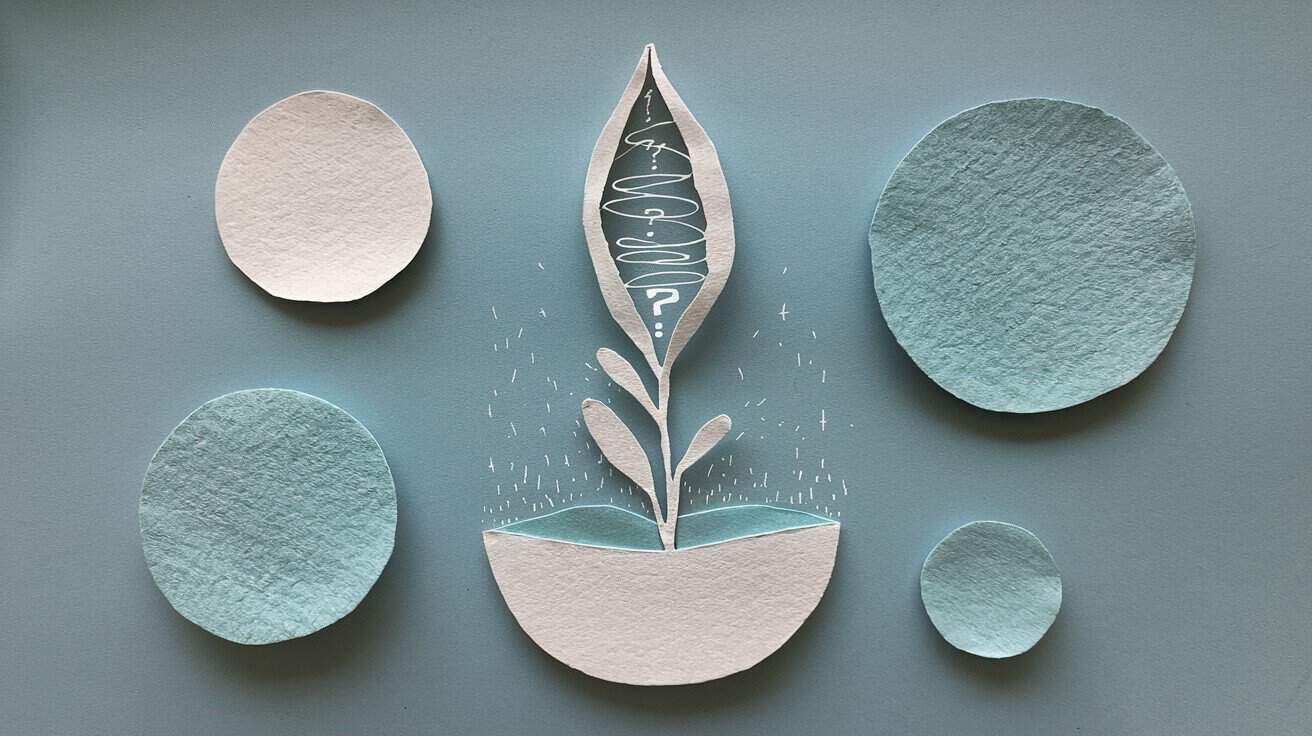The truth? An existential crisis typically lasts anywhere from a few weeks to several months, though some people experience waves of existential questioning that come and go over years. But the duration isn’t what matters most – it’s how we navigate and grow through these profound moments of questioning.
Understanding Your Existential Crisis
Think of an existential crisis like a spiritual earthquake. It shakes your foundation, making everything feel uncertain and unstable. But just as earthquakes reshape the landscape, these periods of deep questioning can reshape our understanding of life and our place in it. As you navigate the tremors of this introspection, you may discover hidden strengths and newfound perspectives that were previously obscured. The journey is not easy, but in surrendering to the chaos, there lies an opportunity for growth and transformation. Ultimately, finding peace in existential dread can lead to a richer, more authentic experience of life, where acceptance replaces fear and understanding blossoms from ambiguity.
I remember working with a client – let’s call her Sarah – who came to me during her own existential crisis. She was a successful software engineer who, on paper, had everything figured out. But at 32, she found herself questioning every choice she’d ever made. “I’ve followed all the rules,” she told me, “built the career, bought the house. But something feels missing, and I can’t shake the feeling that none of it matters.”
This is classic existential questioning. It often emerges during major life transitions or after achieving long-held goals, leaving us wondering, “Is this all there is?”
The Timeline of an Existential Crisis
The duration of an existential crisis varies significantly based on several factors:
Your support system and resources
How you engage with the questions arising
Your willingness to sit with uncertainty
Whether you seek professional guidance
Your personal growth mindset
But here’s what’s fascinating: the length of an existential crisis often correlates with how we approach it. Those who try to suppress or ignore these questions typically struggle longer than those who lean into the experience with curiosity and support.
Finding Your Way Through
The path through an existential crisis isn’t about finding all the answers – it’s about learning to live meaningfully with the questions. Here’s what helps:
First, acknowledge that having these questions doesn’t mean something’s wrong with you. In fact, it often signals that you’re growing beyond old ways of thinking and being.
I remember sitting with my own existential questions during a particularly challenging time. Instead of trying to solve them immediately, I started journaling. Each morning, I’d write one question that was troubling me and spend time exploring it without demanding an answer.
This practice taught me something crucial: sometimes the question itself is more valuable than any answer we might find.
Growing Through Crisis
Here’s the beautiful paradox of an existential crisis: while it feels like everything’s falling apart, you’re actually in the process of becoming more whole. These periods of questioning often lead to profound personal growth and a deeper, more authentic way of living.
Think of it like breaking open a seed. The process might feel destructive, but it’s necessary for new growth to emerge.
The key is to stay gentle with yourself during this time. You don’t need to have everything figured out right now. In fact, learning to be okay with not knowing might be one of the most valuable lessons of this experience.
Let me share a simple truth that changed everything for me: an existential crisis isn’t something to survive – it’s something to grow through. Each question that arises is an invitation to explore what truly matters to you, beyond the scripts and expectations you’ve inherited. As you navigate through the uncertainty, you’ll uncover your deepest values and desires, paving the way to a more authentic existence. Embracing this journey means recognizing that each moment of doubt can lead to clarity, ultimately finding peace in chaotic times. By surrendering to the process, you can transform fear into fuel for personal growth, allowing your true self to emerge with resilience and purpose.
What if, instead of asking “How long will this last?” we asked “What is this teaching me about what matters most?”
Remember, you’re not alone in this questioning. We’re all walking this path together, searching for meaning in our own ways. The questions might feel overwhelming now, but they’re leading you somewhere important – toward a more authentic and meaningful life.
Share your thoughts in the comments below. How are you navigating your own existential questions? What insights have you gained along the way?
How long does an existential crisis typically last?
An existential crisis typically lasts anywhere from a few months to several years, with most people experiencing the acute phase for 6-18 months. Duration depends on how actively you engage with the questions, available support systems, and whether external life circumstances stabilize or continue disrupting.
What are signs that an existential crisis is ending?
Signs include renewed curiosity about life, ability to make decisions without paralyzing anxiety, comfort with uncertainty, emergence of new values or priorities, and experiencing moments of genuine meaning even while acknowledging life’s fundamental questions remain unanswered.
Can an existential crisis come back after it ends?
Yes, existential crises can recur during major life transitions, losses, or developmental stages. However, each subsequent crisis tends to be less destabilizing because you’ve developed tools for navigating existential questions and learned that uncertainty doesn’t require resolution.
What helps an existential crisis resolve faster?
Active engagement with the questions through therapy, meaningful conversations, creative expression, or philosophical exploration helps more than distraction. Building new routines, connecting with purpose-aligned communities, and accepting that some questions lack definitive answers all accelerate movement through crisis.


